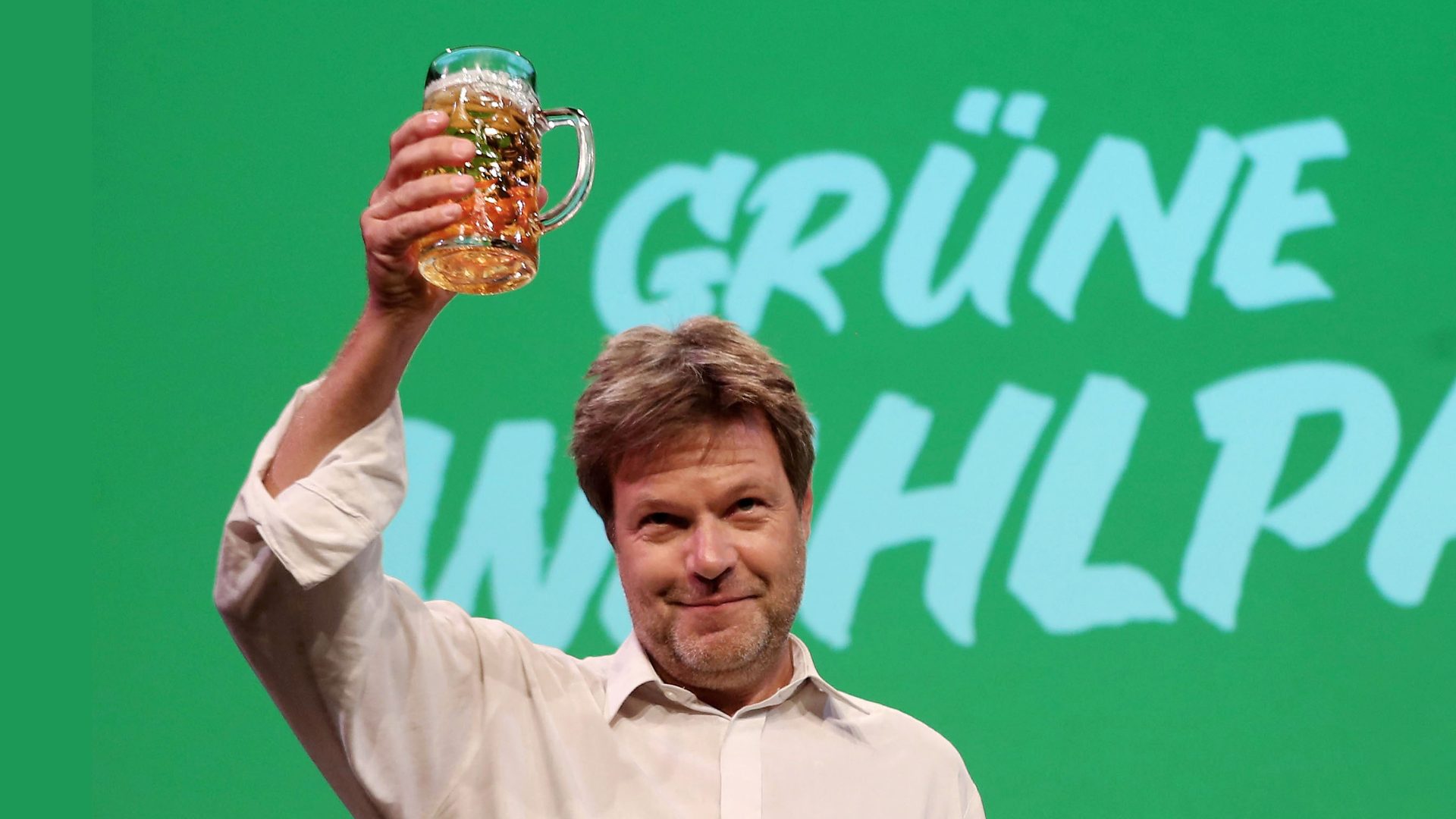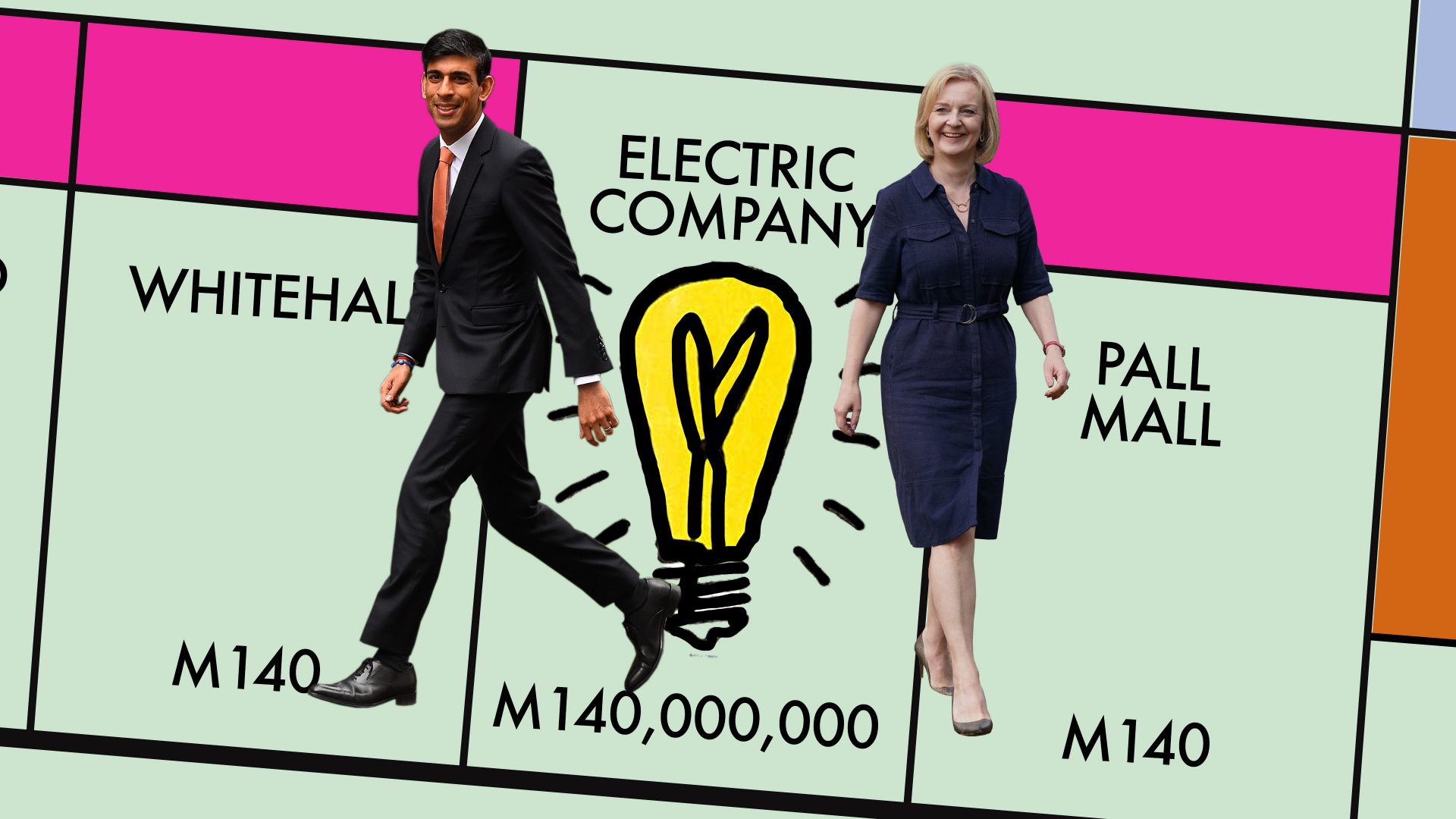There’s a new drama show in Germany, produced by our public broadcasters. It’s got cliffhangers, scandal, scheming. And the best bit: it is all very much non-fiction.
In fact, it runs off air, set inside the vast and opaque universe of our public service broadcasting, the öffentlich-rechtlicher Rundfunk.
Working title: Under the Bus.
For that is where the Berlin-Brandenburg Broadcasting (RBB) director, Patricia Schlesinger, has just been thrown by her dear colleagues from the other eight broadcasting authorities: NDR (north), WDR (west), SWR (south), BR (Bavaria), MDR (mid-east), HR (Hesse), SR (Saarland) and Radio Bremen. They all seem to fear that the RBB system of (alleged) nepotism and squandering could reflect badly on them, too.
A quick recap on the drama’s past episodes: Schlesinger, her husband and the head of the governing board have all been investigated for shady deals. Schlesinger also claimed expenses for champagne dinners at her home (those attending said they’d just been invited to a private meal).
She renovated the executive office floor for £1.2m, allowed questionable consultancy contracts for a new broadcasting building (now on hold, costs tripled), implemented a bonus system to raise executive salaries, raised her own salary by 16% to £257,000 (plus bonus lifting it to an alleged total of £338,000 – more than the Bundeskanzler) while cuts were ordered for general staff costs.
Side-note: Schlesinger’s head of HR (in charge of the bonus system) was promoted to administrative director and also happened to be married to the head of legal. The two women are now separated, but, fun fact, the wedding ceremony was performed by the head of the independent broadcasting council, a clergywoman.
Did I mention Schlesinger’s chauffeur, for her private use?
You may call it absolutism. I call it German public broadcasting.
Schlesinger (after futile attempts to justify) stepped down. And was then sacked, too. Broadcasting directors elsewhere are now indirectly calling for the whole board to resign. A first. And a sign of absolutist alarm.
Unsurprisingly, it was private news media, namely Business Insider, that broke the RBB story. And I am biased, obviously, solely having worked for privately owned media, where I had the joy of filling in quarterly compliance questionnaires (things go wrong there, too – not at the expense of licence fee payers though).
In addition, I think allowing public broadcasters with a massive licence fee (Germany: £7.1bn v BBC: £3.7bn) to compete with private media channels on the advertising market gives them an unfair competitive advantage.
But, like the majority of Germans, I do believe independent public broadcasting – imperfect as it may be – to be necessary. Last week’s ARD documentary on the German Swimming Association ignoring child abuse is just one example of that.
German public broadcasting, confirmed by the constitutional court, has an “eternal guarantee” to exist and to advance, free from political interference, equipped with a sufficient budget for the so-called Grundversorgung (basic service) to inform and entertain.
The BBC offers such a basic service, and, recent scandals aside, at a very high level. After the war, German broadcasting was originally created in the Beeb’s image. Since then, things have turned quite colossal.
All in all, there are 20 public service TV and 73 radio channels. Much as Beethoven and Bach need their space, 12 radio channels for classical music and culture are over the top. As are 11 children and youth channels.
According to official data, German public broadcasting (minus digital) produced 394 hours of television and 1,452 hours of radio in 2020. Per day!
This isn’t a basic service, it’s excessive. And expensive. The licence fee is now £187 a year, compared with £159 in the UK.
The more money it costs, the less popular it is (average viewers’ age: 62). It doesn’t help that German public broadcasters – unlike the BBC – do not have to be overly neutral. Public service journalists often voice personal political opinions (on Twitter and elsewhere) and some are thus accused of a (left-leaning) bias.
And recently, anchors and reporters have taken to a form of gender-conscious language that goes against grammar and against the wishes of the majority of viewers.
No wonder many Germans who want to see public service reform point towards the BBC as exemplary. Could someone please let Nadine Dorries know?




